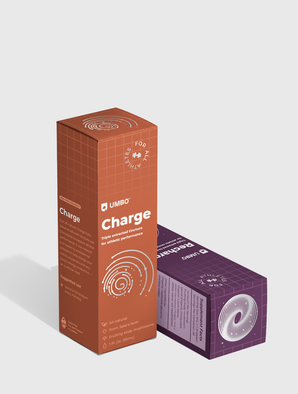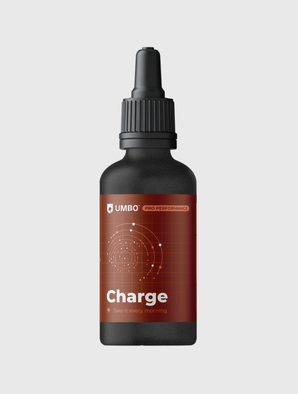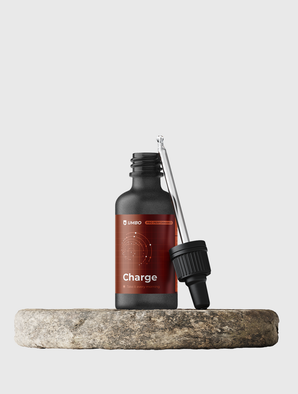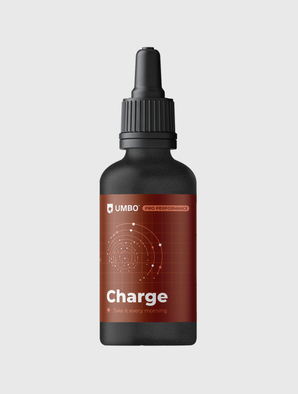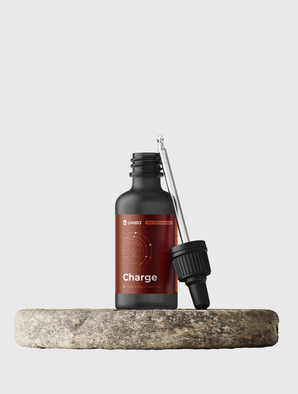One one-hundredth of a second! Oh man, how close can you get? The United States has been snake-bit by hundredths of a second all week long.—Rowdy Gaines, three-time Olympic gold medalist, member of the International Swimming Hall of Fame, and NBC commentator at the 2024 Paris Olympics
Women's 50m freestyle
Rowdy made this comment on Sunday, August 4th, after Gretchen Walsh, the powerful American sprint swimmer, was edged out of a medal in the women’s 50m freestyle final at the Paris Olympics by a scant one-hundredth of a second. Her blazing fast time of 24.21 seconds just wasn’t quite enough to get bronze, with the third-place Chinese swimmer Zhang Yufei hitting the wall in 24.20 seconds.
The Olympics this year have been on fire
So much athleticism, so much heart. But this result from Walsh is only one example of the races and events that have been decided by incomprehensibly small margins.
We can’t help but think about all the work these athletes put in over the past years, pushing their bodies to extreme measures in pursuit of a medal for themselves — and for their countries. Countless hours of discipline training and cross-training, meal prep and counting macros, therapists and trainers, ice baths, sleeping… All of that preparation to get ready for their chance in their sport, where the line between a medal and no medal comes down to milliseconds or millimeters.
Milliseconds and millimeters
Women's gymnastics all-around
No one was going to even come close to Simone Biles and her women’s all-around gymnastics gold medal, of course, but the competition for the other two medals was super tight. Suni Lee, Simone’s Team USA teammate, scored 56.465 points to earn bronze, a scant 0.132 points ahead of a valiant effort from Italy’s Alice D'Amato.
Women's 100m dash
US track sprinter Sha’Carri Richardson ran 10.87 seconds in the women's 100m dash final on Saturday — into strong headwinds, no less — an eyelash ahead of teammate Melissa Jefferson, who ran 10.92 seconds. That’s only a 0.05 second difference!
Men's 100m dash
As if that wasn't close enough for you, the men's final in the 100m dash on Sunday was won by the tightest margin in history, with US track sprinter Noah Lyles winning gold by five thousandths of a second. That's 0.005 seconds!
There are countless more examples. This kind of competition is what makes watching this summer’s Games so compelling. We really can’t turn off the TV right now.
We know Olympians are increasingly turning to functional mushrooms to give them that edge, that little bit of something extra in performance and recovery to help them in those important close-call moments. And if functional mushrooms can do something for Olympians, imagine what they can do for the rest of us…



